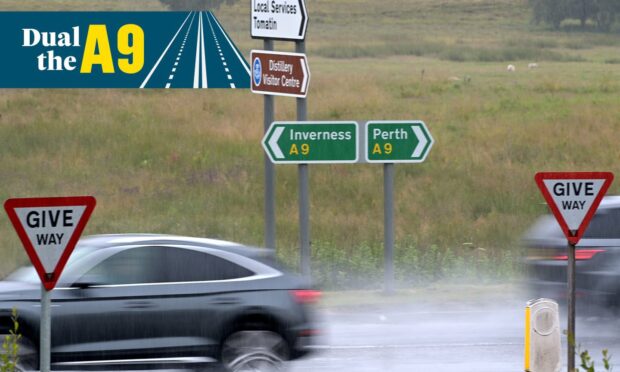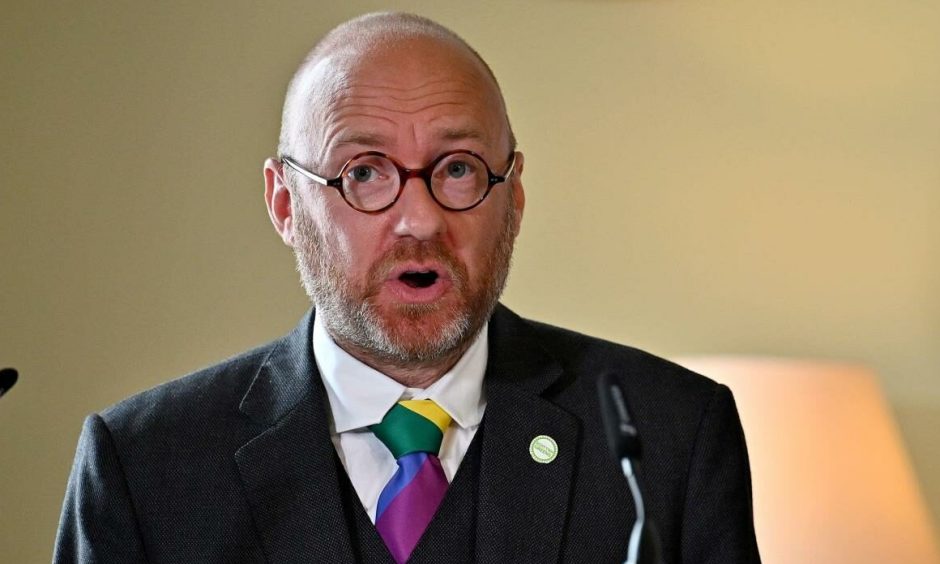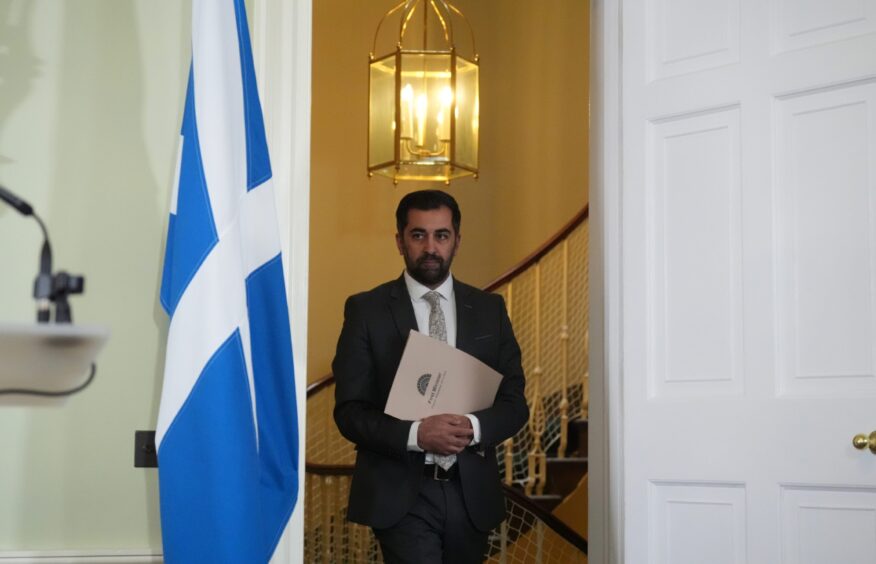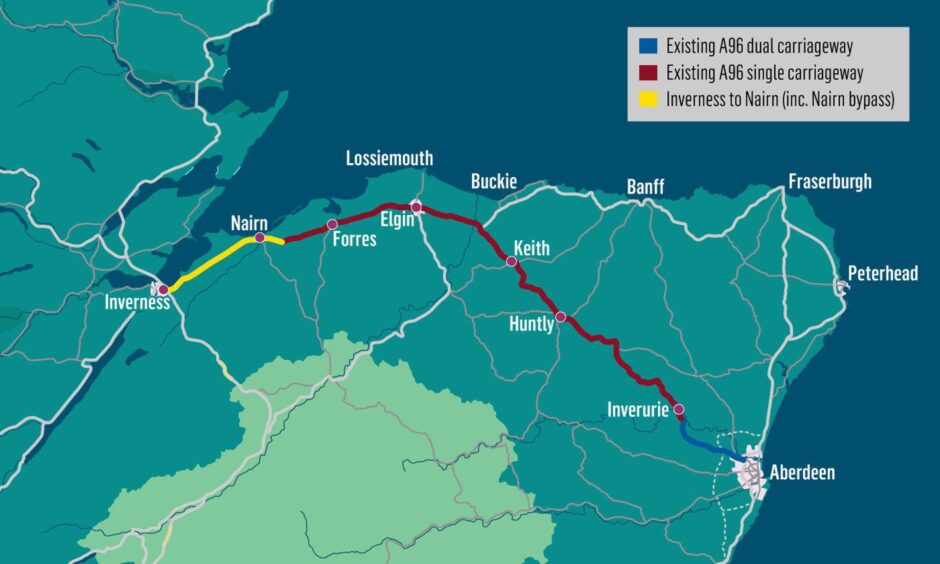The remaining single carriage sections of the A9 should go through a “climate test” before the SNP Government can spend millions on its dualling project, according to Greens co-leader Patrick Harvie.
The former government minister laid down a marker on further spending ahead of tough financial decisions in First Minister John Swinney’s budget later this year.
Mr Harvie’s suggestion would lead to further delays to the long-overdue commitment to dual the route all the way between Inverness and Perth.
It would be similar to the approach to the A96 Aberdeen-Inverness road, which is also long overdue while a report on its future gathers dust in government headquarters.
Mr Harvie told the P&J: “You could make the case for doing the same process on the parts of the A9 that haven’t been formally contracted out.
“One of the arguments we make on the Climate Bill is there needs to be a climate test on all government expenditure.
“The changes we need to make in the way we move about, the way we use land, heat our buildings, it’s still huge.”
On the long-overdue A96 plan, he says: “I genuinely don’t understand why they haven’t taken previous opportunities to publish the report and get the rational for a decision out there.
“I don’t think there’s any serious likelihood, if the climate compatibility test has been at all credible, there’s any chance it will say it’s fine, go ahead with it.”
The tight financial situation makes it even harder to accept, he says.
Mr Harvie was describing his thoughts on government spending months after ex-SNP leader Humza Yousaf booted the Greens out of coalition.
That decision left the SNP without a baked-in majority in parliament, and spelled the end for Mr Yousaf’s time in charge.
Now First Minister John Swinney has to make deals with Greens or another party to pass his spending plans and carry on.
The promise to the dual the A9 between Inverness and Perth is an expensive promise the SNP insist will go ahead by 2035. The government last night said there will not be any further climate assessment on the road.
But the A96 is not so clear.
Failure to do one or both would lead to a massive backlash, despite Green party and environmental campaigners’ hopes.
Mr Harvie hopes his party still carries influence in the Scottish Government after the fall of the Bute House Agreement which put them in power.
“What they lose from ending the agreement is the confidence of knowing they’ve got a majority,” he says.
“What they gain is the ability to seek that majority from wherever across the chamber.”
He wants more power for councils, after already getting a visitor tax, second homes levy and work-place parking charge.
There’s an argument for a “stadium levy” too, he says.
That would involve a charge on big-ticket events – he references Taylor Swift – to help reinvest money in small venues and the arts.
The budget will be debated in December.
A Transport Scotland spokesperson there will not be another climate impact assessment on the A9.
“However, ministers have given their assurance there will be a continuing emphasis on managing and reducing environmental and climate impacts as the projects move into construction,” the government said.




Conversation